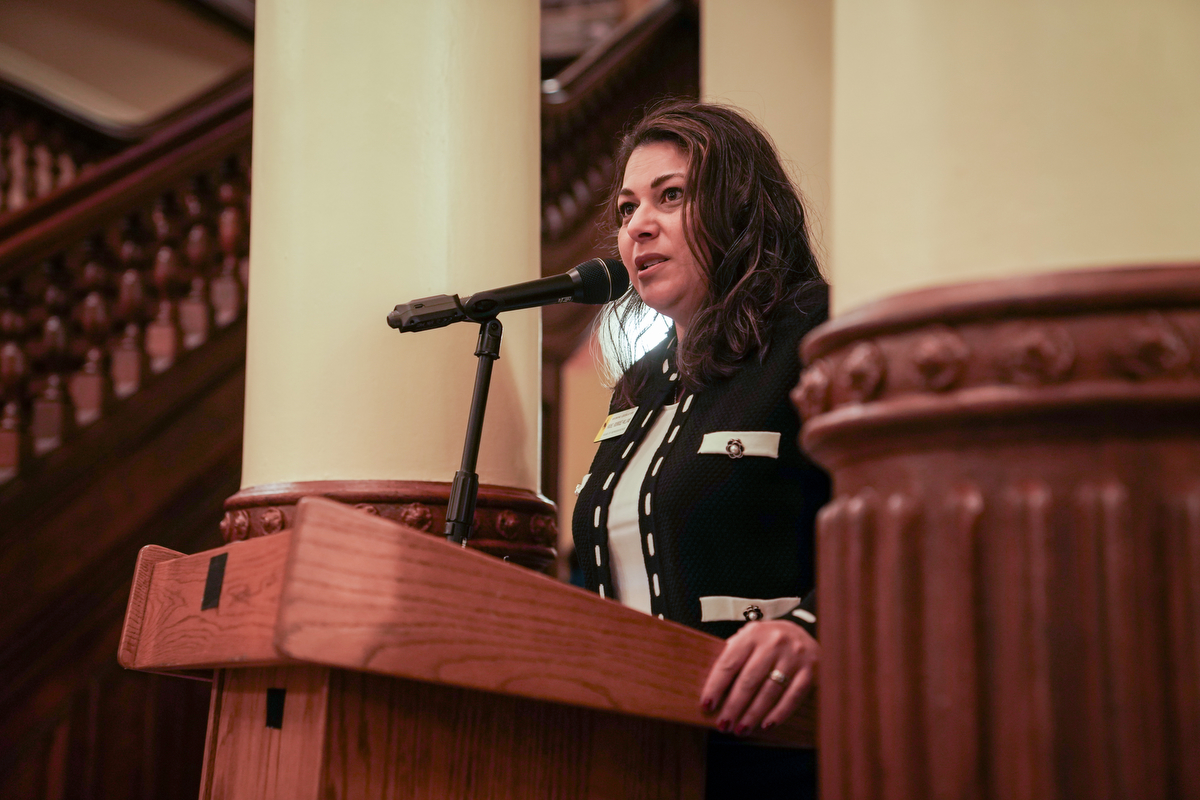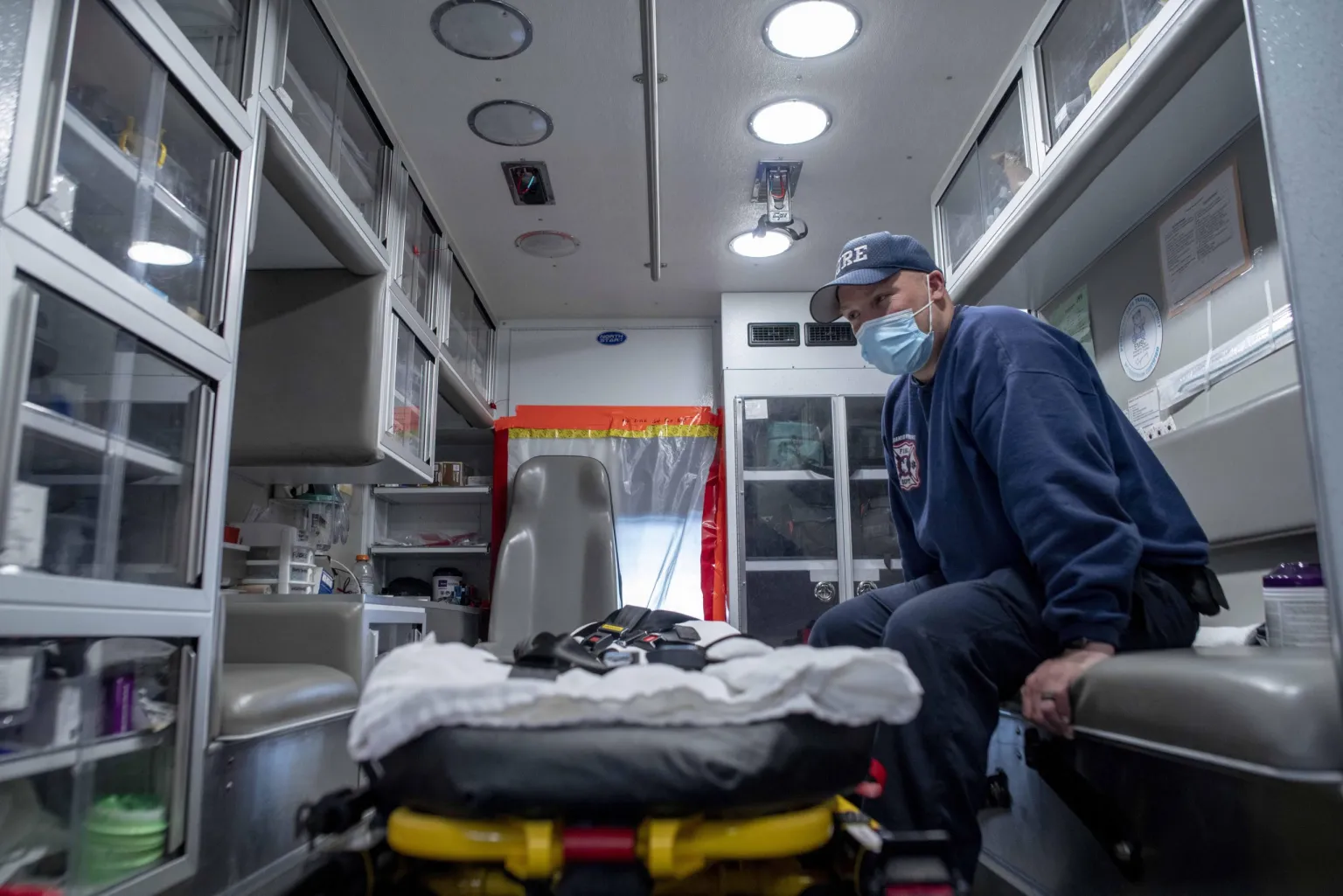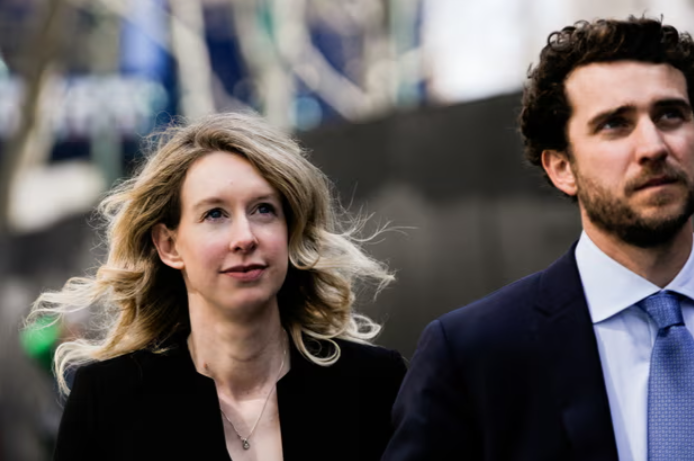Billy Evans, the partner of Theranos founder Elizabeth Holmes, has raised millions of dollars for a new health tech venture called Haemanthus, which is developing diagnostic tools powered by artificial intelligence (AI) and light detection technology, Fortune reports.
Despite speculation linking the company to Theranos due to Evans’ connection with Holmes, Haemanthus has firmly distanced itself from the disgraced former startup, asserting that it is not a continuation of the failed venture.
Holmes, who is currently serving an 11-year prison sentence for defrauding Theranos investors, has no formal involvement in Haemanthus, according to a public statement from the company. The company acknowledged that Evans, as the CEO, is Holmes’ partner, but emphasized that the two ventures are fundamentally different.
“We are Haemanthus. Yes, our CEO, Billy Evans, is Elizabeth Holmes’ partner. Skepticism is rational. We must clear a higher bar,” the company stated. “This is not Theranos 2.0. Theranos attempted to miniaturize existing tests. Our approach is fundamentally different. We use light to read the complete molecular story in biological fluids, seeing patterns current tests can’t detect. Not an improvement. A different paradigm.”
Haemanthus aims to combine photonics and AI to create more accurate and earlier disease detection, with a focus on precision medicine. The company is utilizing light-based technologies like Raman spectroscopy, a method that has applications in detecting conditions such as Amyotrophic Lateral Sclerosis (ALS) and certain cancers. Haemanthus recently secured a patent for its approach in January and is still in the early stages of development, mainly funded by family, friends, and other supporters.
The company is also working on a blood, saliva, and urine testing device that bears a resemblance to the infamous Theranos machines, a connection that has raised eyebrows due to Evans’ personal relationship with Holmes. However, Haemanthus has been quick to clarify that it does not share the same goals or operational methods as Theranos.
Holmes, despite her ongoing prison sentence, has plans to return to the biotech industry once released. She has spoken about re-entering the field in a February interview with People magazine, where she revealed she has been working on patents for new inventions during her time in prison. However, under the terms of a settlement with the SEC in 2018, Holmes is prohibited from leading public companies due to her conviction.










The latest news in your social feeds
Subscribe to our social media platforms to stay tuned